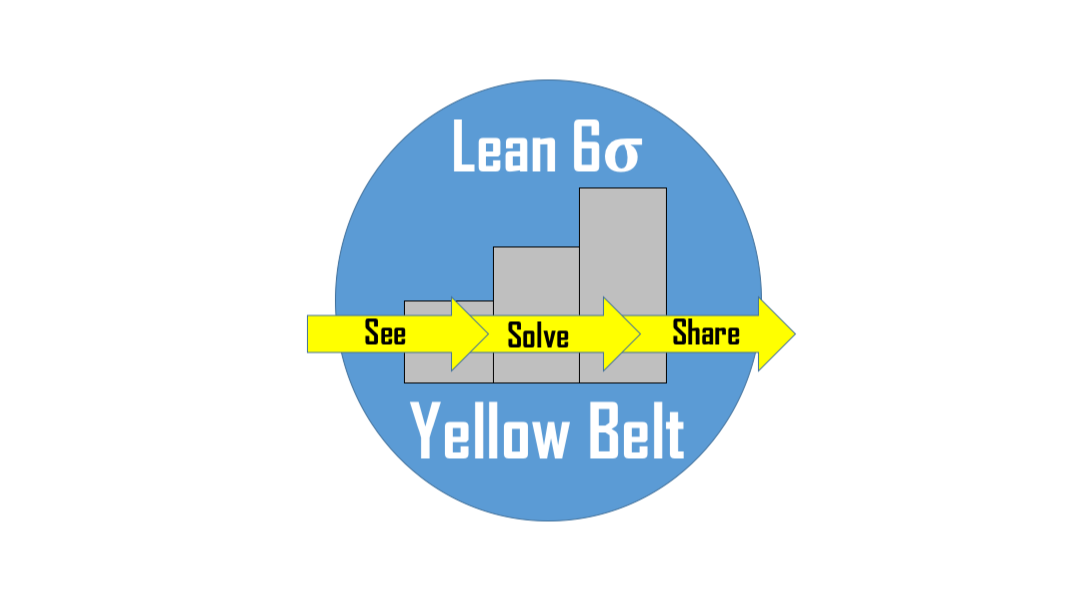Yellow Belt Certificate Program
- Home
- Programs for Individuals
- Lean Six Sigma
- Yellow Belt Certificate Program

Learn to improve productivity and processes through this foundational Lean Six Sigma training. This course will cover key tools and concepts such as the Define, Measure, Analyze, Improve, and Control (DMAIC) methodology, data collection and measurement techniques, how to display visual data, lean analysis tools (including fishbone diagram, 5 Why’s, 5 S’s, Gemba Walk, and Poka-Yoke), brainstorming and option selection criteria, process improvement results assessment, documentation, and introduction to Six Sigma leadership and cultural approaches. This introductory course is designed for employees at any organizational level. All program participants will receive a Mercer University certificate of completion.
Next program begins September 6, 2025
-
6
hours of instruction
-
2
highly-credentialed instructors leading the program
-
$500
cost of program covers instruction and certificate presentation
Program Details
Location
Cost
Course Outline
Meet the Instructors

Dr. Myriam Quispe-Agnoli
Dr. Quispe-Agnoli is an Associate Professor of Economics at Mercer's School of Business. Her research fields are international economics, open macroeconomics, and economic development. Her current research interests include economic impact of immigration, small business financing, unemployment and underemployment, and the impact of financial architecture on community and economic development.

Dr. Eric Kushins
Dr. Kushins is an Assistant Professor of Management at Berry College and was an Assistant Professor of Entrepreneurship in Mercer's School of Business from 2015-2018. In addition to teaching undergraduate and MBA courses in Human Resource Management, Team Dynamics, Operations Management and Social Entrepreneurship, he has trained hundreds of individuals in Lean Six Sigma over the past five years. He has served as a Green and Black Belt instructor for organizations in a variety of sectors, including health care, energy, IT, retail, and higher education. The Lean Six Sigma programs he has developed have provided teams and organizations with immediate performance improvement and greater employee engagement.